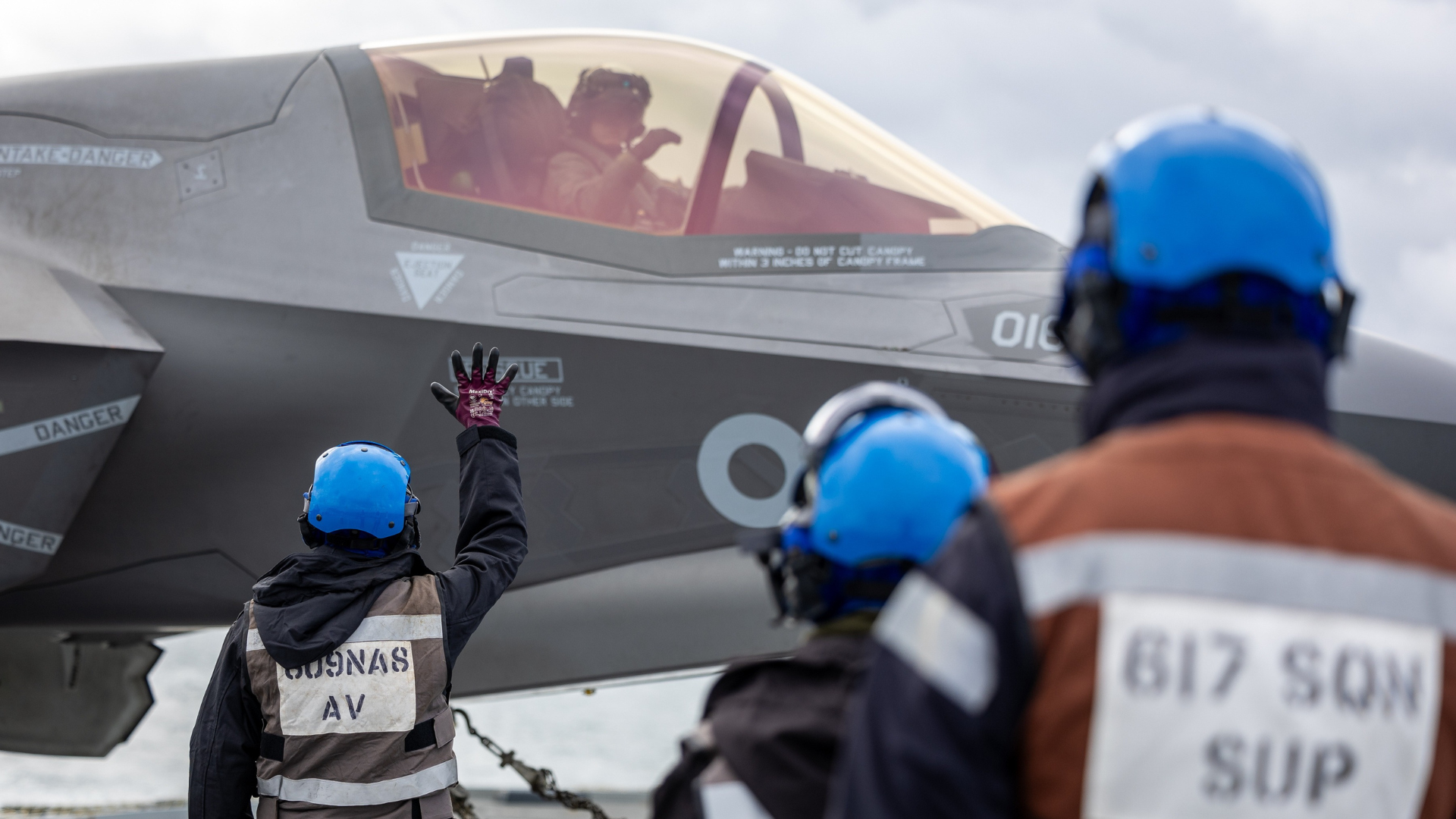This week, time finally ran out for the re-authorisation of the US Export-Import Bank (Ex-Im), after a lengthy and fiercely public battle by Republican leaders in Congress to shut down the US’ official export credit agency.
The bank’s charter was given a 1 year temporary extension in September 2014 – however its continued existence has been at the centre of a heated political battle in the US. Supporters cite it as vital support mechanism for US businesses seeking to grow in export markets, competing against other nations with credit agencies – whereas its opponents state that it is an example of crony capitalism, corporate welfare, and government support for big business.
As an export credit agency, the Ex-Im Bank provides financing and loan guarantees at below-market rates to foreign purchasers looking to buy products from American companies. In 2014, it supported $27.5bn in exports, 164,000 US jobs and returned around $675m to the US Treasury. Its closure now means it cannot offer any ‘new’ finance or loans to customers, but will continue to support loans already in place.
But what does Ex-Im’s failure to re-authorise mean for the Aerospace industry?
Due to the large cost of aircraft and aircraft engines, Boeing and GE are some of the main recipients of Ex-Im financing – with Boeing accounting for just over 1/3 in value terms, while GE accounts for around 10%. Alongside this, the majority of Ex-Im’s airline customers are from developing and emerging markets where access to affordable credit can be difficult (e.g. Middle East, Eastern Europe, Asia). A potential concern is that airlines seeking to invest in new more efficient and cost effective aircraft will not be able to access the finance required to purchase them – or that Boeing themselves will have to offer internal financing options. This could damage both the competitiveness and the overall credit rating of Boeing as a company. Critically, Boeing offering its own financing, could take away vital funding support from R&D and product investment.
Advocates of Ex-Im also cite that it not Boeing which is the main beneficiary, but the thousands of suppliers which provide parts and components to Boeing platforms – including companies here in the UK. An order for a 777 for example, will help to support jobs and investment for around 500 companies in the US alone. The lack of export credit support could mean order losses for businesses across the supply chain. As a potential example, if a recent Paris 2015 order for 20 747-8 was unable to be fulfilled by export credit funding, this could mean less opportunity for UK companies to supply critical parts such as passenger windows, galleys, and flight deck interiors.
Both Boeing and GE have also publically threatened to move jobs overseas if Congress failed to re-authorise ExIm. Whether this threat is fulfilled at all – or whether it is fulfilled but in the form of large scale investment in new production and assembly facilities outside the US and/or offshoring work to the global supply chain – is not yet fully clear. However, the sentiment behind the threat from two of the US’ largest employers should not be taken lightly.
Do this week’s events benefit Boeing’s rivals?
Another potential outcome cited by Ex-Im supporters is that rivals to Boeing and GE are able to capitalise and offer export credit to potential customers where the US cannot. Currently, Airbus is supported by 3 government credit agencies in the UK, France and Germany; whilst Canada’s ECA supports Bombardier. In China, COMAC and AVIC will also be supported by the Chinese Export-Import Bank – with one senior official stating this week that Ex-Im closure would be a ‘good thing’ for China. With greater options for financing available, it could be that Airbus, COMAC and Bombardier begin to win orders at Boeing’s expense – especially from markets where competition for orders is already intense.
However, with strict WTO rules on state support, Boeing could actually be in a stronger position than some of its competitors. As an example, if Boeing prove that a competitor won a sale over Boeing because of export financing, the WTO could potentially rule this an illegal subsidy (subject to lengthy negotiations). This would mean it may be difficult for competitors to be seen to win orders based on export credit offers – but may also mean in turn that the US would need to increase the level of activity from its WTO delegation in order to highlight such cases.
So what does the future hold for the US ExIm bank?
Whilst the bank is still operating by supporting those loans already in place, there is hope for Ex-Im supporters. Ex-Im backers plan to meet with President Barack Obama on July 8 to discuss how to revive the bank, and Republican Senate Majority Leader Mitch McConnell has promised a vote after the summer break (despite his personal opposition to the bank). Reportedly, the re-authorisation of Ex-Im could be made as an amendment of a must-pass Highways Bill.
Despite the prospect of re-authorisation, the debate over how the bank operates in the future is set to continue. Those in Congress who back Ex-Im may need to offer further concessions on the type of finance offered, and the limit to the bank’s remit – as a ‘fresh start’ may be the only way to counter the historical arguments put forward by its opponents. Alongside this, opposition to Ex-Im is also seen as a ‘litmus’ test for 2016 Republican Presidential Candidates – so further public denouncements can be expected.
The political debate around the bank’s re-authorisation is set to continue over the summer months. However, whilst it is not clear how Ex-Im may function, or the full extent to which it can support export financing in the future, it is the impact on the global aerospace industry which also not yet fully understood. Despite the range of possible options outlined above, further work on understanding these potential impacts will be important, especially in the face of growing global competition.





